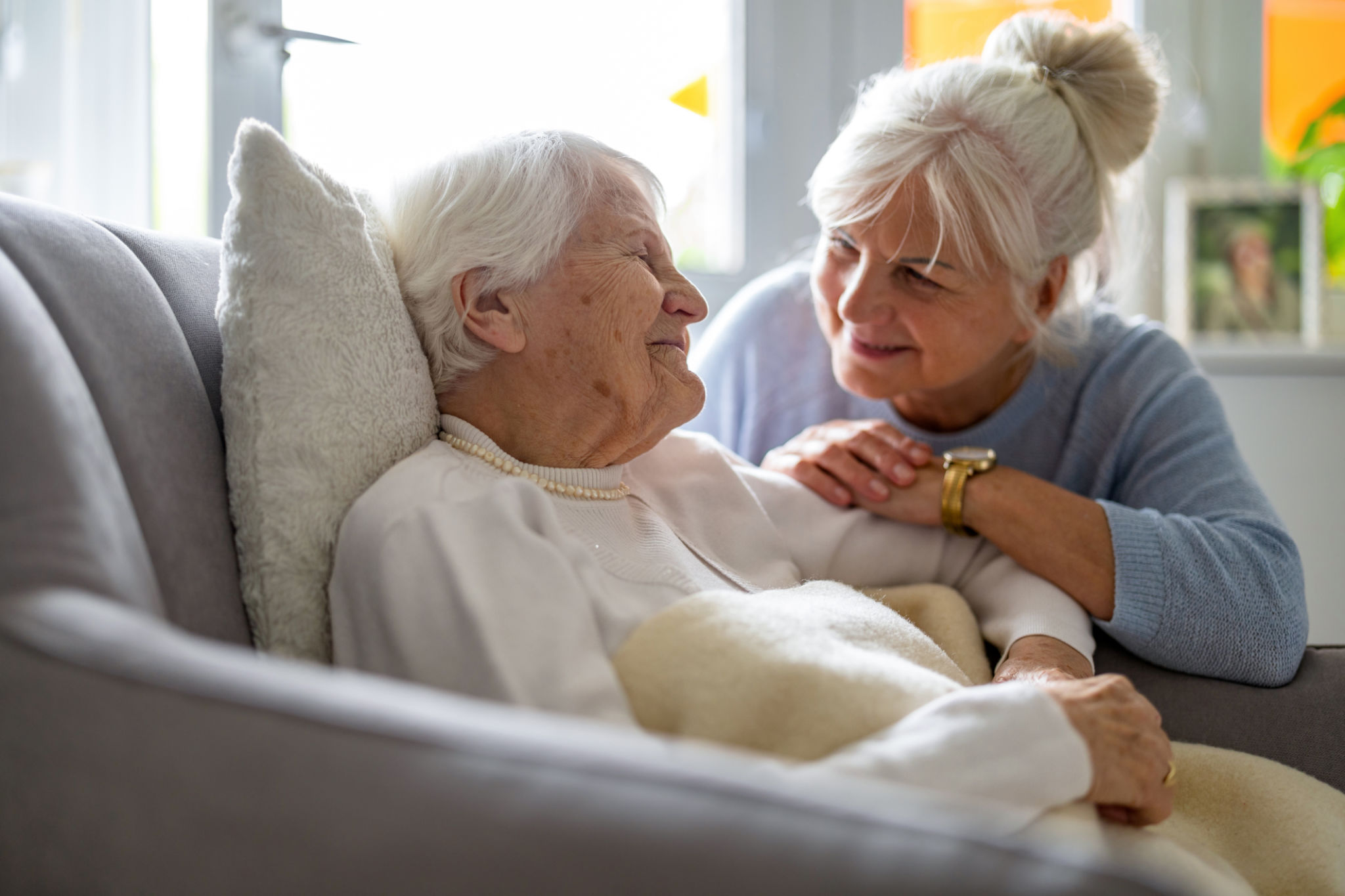Top Questions to Ask When Hiring In-Home Caregivers in Omaha
Understanding Your Needs
When hiring in-home caregivers in Omaha, it’s crucial to first understand your specific needs. Consider the level of care required, whether it’s for a senior, someone recovering from surgery, or an individual with special needs. Clearly defining these requirements will help you ask the right questions and find a caregiver who can meet those needs effectively.
Think about the type of services needed, such as personal care, companionship, or medical assistance. Additionally, determine if you need a caregiver for part-time or full-time hours and whether they should be live-in or visit daily. Having a clear picture of your needs will streamline the hiring process.

Experience and Credentials
One of the primary questions to ask potential caregivers is about their experience and credentials. Inquire about their background in caregiving and any formal training they have received. Experience with specific conditions like dementia or mobility issues can be particularly valuable depending on your situation.
Ensure they have the necessary certifications, such as CPR and first aid training. For those requiring medical care, verify if the caregiver has the appropriate nursing certifications. Experience and credentials are key indicators of a caregiver’s ability to provide quality care.
Background Checks and References
Conducting thorough background checks is essential when hiring an in-home caregiver. Ask if the caregiver has undergone recent background checks and request to see documentation if possible. Additionally, seek references from previous clients or employers to gain insights into their reliability and work ethic.
Contacting references can provide valuable information about the caregiver’s strengths and areas for improvement. This step is critical in ensuring the safety and well-being of your loved one.

Communication Skills
Effective communication is vital in caregiving roles. During the interview process, assess the caregiver’s ability to communicate clearly and empathetically. They should be able to listen attentively and respond appropriately to both the client and family members.
Discuss how they handle challenging situations and their approach to problem-solving. Good communication skills foster trust and ensure that any issues are addressed promptly.
Availability and Flexibility
Another important consideration is the caregiver’s availability and flexibility. Confirm their schedule aligns with your needs, especially if you require care during specific hours or on short notice. Ask about their policy for handling emergencies or last-minute changes in the schedule.
Flexibility is crucial for adapting to unexpected situations or changes in care requirements. A caregiver who can accommodate these changes will provide more reliable support.

Cost and Payment Options
Understanding the cost of in-home care services is essential for budgeting purposes. Inquire about their rates, whether they charge hourly or have fixed fees for specific services. Additionally, discuss payment options and any available insurance coverage or subsidies that may apply.
Clarifying costs upfront helps avoid misunderstandings and ensures that you can plan financially for ongoing care expenses.
Care Plan Development
Ask potential caregivers about their approach to developing personalized care plans. A good caregiver should be able to assess the client’s needs and create a structured plan that addresses those needs effectively. Inquire about how they monitor progress and make adjustments as necessary.
A tailored care plan ensures that your loved one receives appropriate support and attention tailored to their specific situation.

Compatibility with Your Loved One
Finally, consider the caregiver’s compatibility with your loved one’s personality and preferences. Arrange a meeting between them to observe their interaction and comfort level with each other. Compatibility can significantly impact the quality of care provided and the overall satisfaction with the arrangement.
A positive relationship built on mutual respect and understanding is crucial for a successful caregiving experience. Taking the time to find a caregiver who genuinely connects with your loved one will lead to better outcomes.